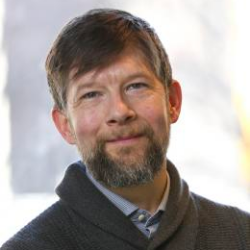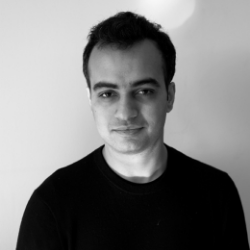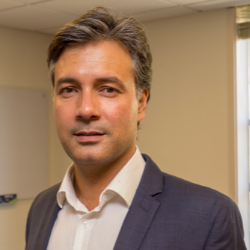Madhav Khosla works across a range of themes in public law and political theory. Much of his writing and research focuses on comparative constitutional law, especially in South Asia and India. His work has been cited by courts in India and Pakistan.
Khosla earned a Ph.D. in political theory at Harvard University, where he was awarded the Edward M. Chase Prize for “the best dissertation on a subject relating to the promotion of world peace.”
His books include India’s Founding Moment: The Constitution of a Most Surprising Democracy (Harvard University Press 2020), which was an Economist Best Book of 2020 and co-winner of the Order of the Coif Book Award 2021, The Oxford Handbook of the Indian Constitution (ed. with Sujit Choudhry and Pratap Bhanu Mehta, Oxford University Press 2016), and Unstable Constitutionalism: Law and Politics in South Asia (ed. with Mark Tushnet, Cambridge University Press 2015). In addition, Khosla’s writings have been published in academic journals such as the American Journal of Comparative Law and the International Journal of Constitutional Law, as well as popular forums like The Atlantic, Foreign Affairs, Los Angeles Review of Books, The New York Times, and Time.
Prior to joining the Columbia Law faculty on January 1, 2022, Khosla was the Ambedkar Visiting Associate Professor of Law at Columbia University, an associate professor of political science at India’s Ashoka University, and a junior fellow at the Harvard Society of Fellows.
Photo © Gauri Gill.




